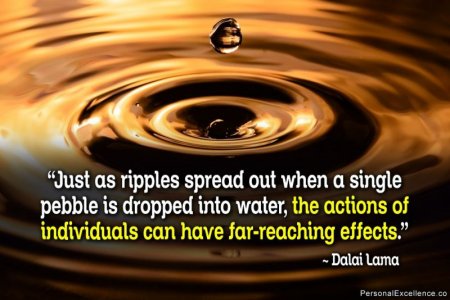grahamg
Old codger
- Location
- South of Manchester, UK
I stumbled across the subject covered by the guy in this video link about something called a "Foucauldian Critique", and having tried to listen to him I'm maybe more mystified than ever as to what it might be, (all I gathered was "whatever you believed to be true can be shown or challenged and found to be untrue", something like that anyway).
Here are some quotes on the thread subject:
https://www.studysmarter.co.uk/expl...linguistics/michel-foucault-discourse-theory/
"Michel Foucault's theories and research into language, power, and social control is some of the most influential of our time. Foucault's discourse theory encourages us to question what is 'true' and to ask who in society benefits. This is one of Foucault's main arguments: everything is an exercise in power, and there is always somebody who benefits."
(Break)
"Individuals all draw from a shared ‘pool of knowledge’ when communicating. This knowledge pool is typically accepted by the wider society and becomes further legitimised the more people use, share, and distribute it. Over time, this pool of knowledge slowly changes as people add to it and adapt it, meaning the things society deem to be ‘true’ can, and do, change over time."
Sovereign power
This is the form of power you are probably most familiar with. It is the power held by those in positions of authority, such as a Queen, King, the Prime Minister, or a headteacher.
Disciplinary power
Disciplinary power is related to Foucault’s theory of gaze - the idea that people will regulate their behaviour if they believe they’re being watched. This is the type of power we exercise over ourselves to fit the norm and be an ‘acceptable’ member of society. You could say it’s similar to self-restraint.
Pastoral power
This term has religious roots but isn’t necessarily confined to religion. Pastoral power refers to acting in a certain way to ensure the safety and security of all. For example, it could be said that the police hold pastoral power as they exert power for the good of the wider community (although not all members of society would necessarily agree with this).
Bio-power
Foucault coined the term bio-power to refer to the government’s administration and recording of bio issues, such as birth and death rates, race, class, and gender. Foucault stated that this mode of power impacted how we view ourselves in relation to the wider community.
Here are some quotes on the thread subject:
https://www.studysmarter.co.uk/expl...linguistics/michel-foucault-discourse-theory/
"Michel Foucault's theories and research into language, power, and social control is some of the most influential of our time. Foucault's discourse theory encourages us to question what is 'true' and to ask who in society benefits. This is one of Foucault's main arguments: everything is an exercise in power, and there is always somebody who benefits."
(Break)
"Individuals all draw from a shared ‘pool of knowledge’ when communicating. This knowledge pool is typically accepted by the wider society and becomes further legitimised the more people use, share, and distribute it. Over time, this pool of knowledge slowly changes as people add to it and adapt it, meaning the things society deem to be ‘true’ can, and do, change over time."
Sovereign power
This is the form of power you are probably most familiar with. It is the power held by those in positions of authority, such as a Queen, King, the Prime Minister, or a headteacher.
Disciplinary power
Disciplinary power is related to Foucault’s theory of gaze - the idea that people will regulate their behaviour if they believe they’re being watched. This is the type of power we exercise over ourselves to fit the norm and be an ‘acceptable’ member of society. You could say it’s similar to self-restraint.
Pastoral power
This term has religious roots but isn’t necessarily confined to religion. Pastoral power refers to acting in a certain way to ensure the safety and security of all. For example, it could be said that the police hold pastoral power as they exert power for the good of the wider community (although not all members of society would necessarily agree with this).
Bio-power
Foucault coined the term bio-power to refer to the government’s administration and recording of bio issues, such as birth and death rates, race, class, and gender. Foucault stated that this mode of power impacted how we view ourselves in relation to the wider community.


